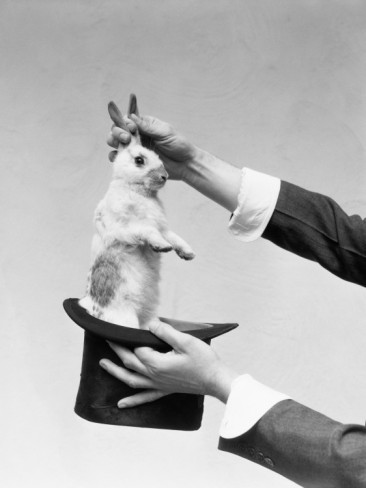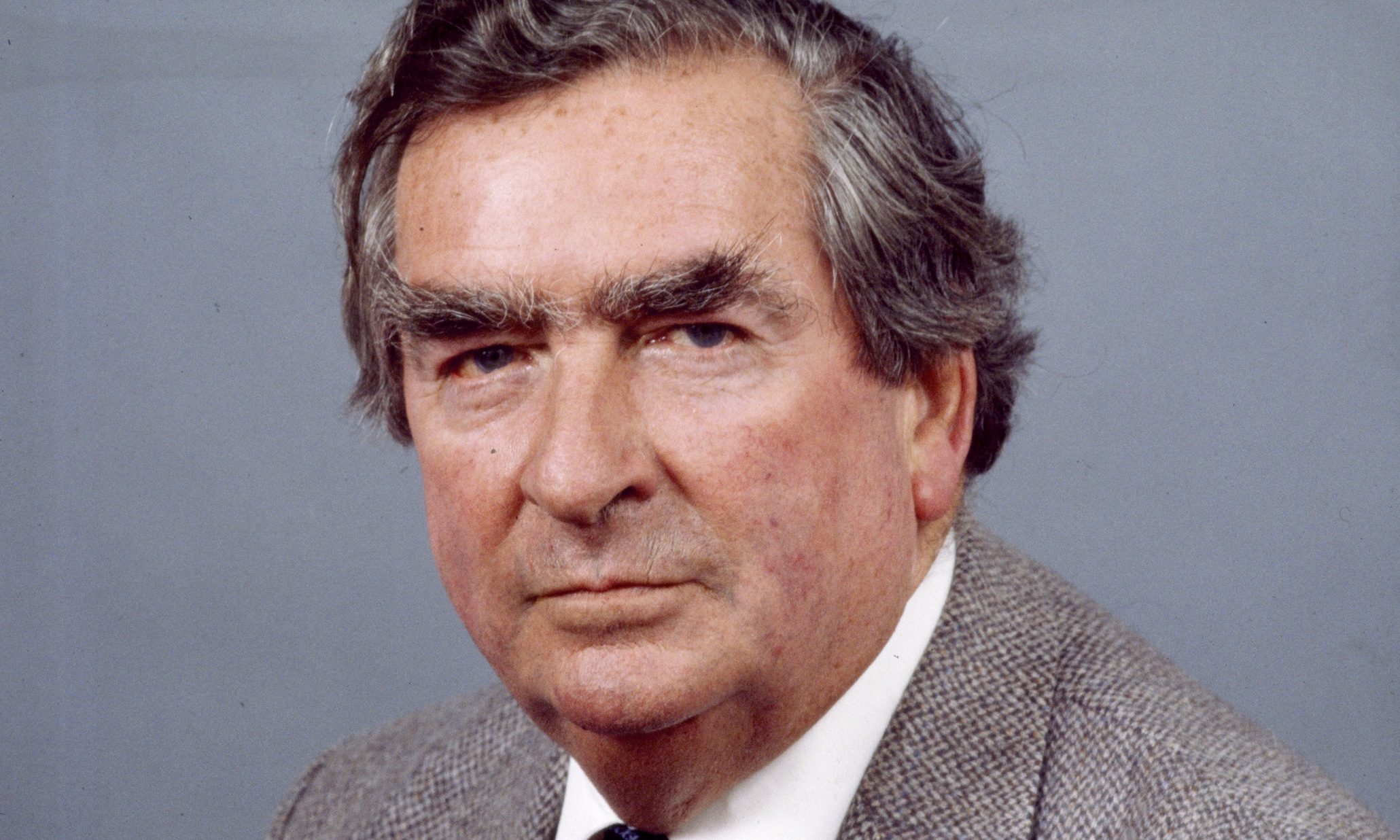I have long held the view that clients who possess a sense of humour and are keen to run amusing advertising campaigns are those most likely to succeed in this world. It' a simple philosophy, but as a general rule, I think the principle stands up fairly well. You only have to look at some of the best loved and effective advertising campaigns to acknowledge this.
Volkswagen and Heineken are two particularly good examples. Back in 1978, the copywriter Terry Lovelock was tasked by his agency, Collett Dickenson Pearce to create a campaign for the Dutch brewer, Heineken. His brief revolved around one word: refreshment. For weeks Lovelock and his Art Director tried to come up with something they liked, but weren't getting very far. Eventually, at the eleventh hour and as an act of sheer desperation, Lovelock decided to seek inspiration in Marrakesh. Luckily for him, the change of scene; the sunshine; the spicy cuisine (or possibly a few hallucinatory substances) did the trick, and on waking up in his hotel room at 3am, he wrote those immortal words: 'Heineken refreshes the parts other beers cannot reach.' Frank Lowe the agency's chairman liked it and presented the idea in the form of two TV scripts to Anthony Simmonds-Gooding, the most senior client at Whitbread, while the pair flew to Leningrad (now St Petersberg) to view an exhibition at the Hermitage. Simmonds-Gooding bought the concept at 20,000 feet and the campaign ran for 22 years, cementing Heineken's position in the market and creating one of advertising history's best loved campaigns.
Of course, it's no coincidence that these two hugely successful brands have relied on wit to sell. It is without any doubt one of the most potent tools that the marketing industry has at its disposal. Yet, it never ceases to amaze me that so many clients shun anything remotely amusing, firmly believing that humour denigrates a brand; and somehow makes it frivolous. The consensus seems to be that if you want to be taken seriously, you have to be seen to behave seriously. And the result is that most advertising is simply dull and instantly forgettable.
In a rather round-about kind of way, this brings me to the subject I wanted to talk about in the first place: a project of one of my own clients. Sofia Fenichell is an impressive businesswoman. She started out, funnily enough, as an executive at Doyle Dayne Bernbach, and then moved into the higher echelons of investment banking and hedge fund management, before starting her own businesses. Her latest venture, which I have had the pleasure of helping her with is a fascinating project that blends science with, you've guessed it, humour. In short, she and her business partners, have come up with Mrs Wordsmith - an ingenious way to improve the vocabulary of primary school children. Mrs Wordsmith comes in the form of a beautifully produced monthly package that is delivered directly to your door. Inside are a series of placemats that have been lovingly designed with amusing narratives and inventive word games. And all the words and stories have been illustrated by the brilliant team of artists behind the DreamWorks movies Madagascar and Hotel Transylvania. As one of the lead writers on the project, I've really enjoyed the collaborative process of working with the DreamWorks team. Sofia and her business partners, who include the neuroscientist Dr Lesley Sand, understand the importance of humour when communicating to young kids. And it's why they approached DreamWorks in the first place. Sofia was very clear about this. "If the illustrations weren't going to be funny, the whole thing wasn't going to work," she told me when I had my first meeting with her. But she needn't worry on this score, as the illustrations are, as you'd expect, wonderfully irreverent and humorous.
The entire concept has in fact been based on masses of research into how young children learn a wider and richer vocabulary. And how a wide vocabulary at a young age will help children to confidently master all subjects at school including maths. Research has also shown that certain rich words that aren't on the primary school curriculum are usually learnt at home; particularly if families sit around the dinner table and engage in conversation. So Mrs Wordsmith employs placemats to be used at mealtimes in ten minute bursts every day. Repeating words in different contexts through the use of amusing illustrations and stories is, according to Dr Sand, the key to success. Instilling a love and understanding of words early on also develops a love for reading.
Surprisingly, there is no other paper based programme quite like it on the market. Kumon is the only other system out there. It's been around for years, but is very dry, humourless, and is based solely on learning by rote.
To date, the educational establishment have been raving about Mrs Wordsmith. It does precisely what every school wants every parent to do at home with their kids - but with minimum effort.
By being irreverent, amusing and mischievous, Mrs Wordsmith is certainly going to appeal to kids. And it'll only be a matter of time before it makes its mark. Indeed, in ten years from now, I suspect it will become a household name. Embrace humour wisely, and sooner or later you'll be laughing all the way to the bank.
Alex Pearl is author of Sleeping with the Blackbirds
 |
| Iconic poster for the beer that refreshes those other parts. |
Twenty years before Terry Lovelock wracked his brains in Marrakesh, Bill Bernbach's New York agency Doyle Dane Bernbach found itself with a tricky brief to sell a strange looking car that had been designed by the Nazis in Germany. Bernbach defied all advertising conventions at that time by deciding to adopt self-deprecating humour to convey the car's chief characteristics: its size and less than perfect looks, while extolling its winning virtues: reliability and thrift. With consummate wit, one of its early commercials featured a funeral cortege and the the voice of the deceased reading his last will and testament. 90% of the script is devoted to the old man berating in the most amusing terms his nearest and dearest for their extravagant lifestyles, while we see them coast past in a long cortege of large saloons. Finally, we get to see the old man's nephew driving a VW Beetle, and the old man wearily signs off: "And to my nephew Harold who oft-times said, "a penny saved is a penny earned," and who also oft-times said, "Gee, Uncle Max, it sure pays to own a Volkswagen", I leave my entire fortune of one hundred million dollars." The commercial makes you chuckle and is absolutely timeless.
 |
| Press ad for the VW Beetle. |
In a rather round-about kind of way, this brings me to the subject I wanted to talk about in the first place: a project of one of my own clients. Sofia Fenichell is an impressive businesswoman. She started out, funnily enough, as an executive at Doyle Dayne Bernbach, and then moved into the higher echelons of investment banking and hedge fund management, before starting her own businesses. Her latest venture, which I have had the pleasure of helping her with is a fascinating project that blends science with, you've guessed it, humour. In short, she and her business partners, have come up with Mrs Wordsmith - an ingenious way to improve the vocabulary of primary school children. Mrs Wordsmith comes in the form of a beautifully produced monthly package that is delivered directly to your door. Inside are a series of placemats that have been lovingly designed with amusing narratives and inventive word games. And all the words and stories have been illustrated by the brilliant team of artists behind the DreamWorks movies Madagascar and Hotel Transylvania. As one of the lead writers on the project, I've really enjoyed the collaborative process of working with the DreamWorks team. Sofia and her business partners, who include the neuroscientist Dr Lesley Sand, understand the importance of humour when communicating to young kids. And it's why they approached DreamWorks in the first place. Sofia was very clear about this. "If the illustrations weren't going to be funny, the whole thing wasn't going to work," she told me when I had my first meeting with her. But she needn't worry on this score, as the illustrations are, as you'd expect, wonderfully irreverent and humorous.
 |
| One of countless illustrations by DreamWorks for Mrs Wordsmith. |
Surprisingly, there is no other paper based programme quite like it on the market. Kumon is the only other system out there. It's been around for years, but is very dry, humourless, and is based solely on learning by rote.
To date, the educational establishment have been raving about Mrs Wordsmith. It does precisely what every school wants every parent to do at home with their kids - but with minimum effort.
By being irreverent, amusing and mischievous, Mrs Wordsmith is certainly going to appeal to kids. And it'll only be a matter of time before it makes its mark. Indeed, in ten years from now, I suspect it will become a household name. Embrace humour wisely, and sooner or later you'll be laughing all the way to the bank.
Alex Pearl is author of Sleeping with the Blackbirds




